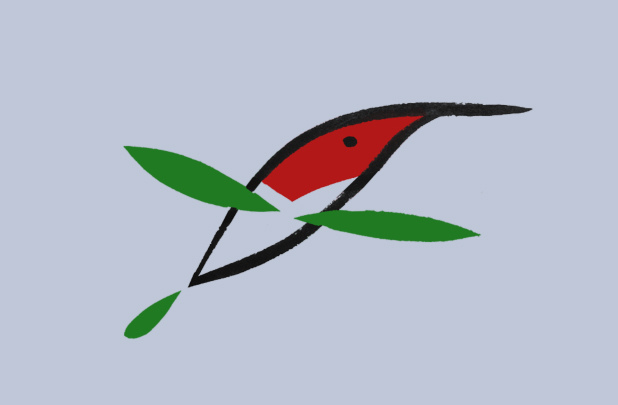The summer of the water rationing, the zinnias in clay pots steam in the sun.
The hummingbirds we usually fed with sugar water hover around the empty feeders,
still thrusting their bills to drink—
confused, they fly into each other, falling dazed into the dust.
You sit on the windowsill eating a red fruit with your fingers,
legs dangling out the window.
Every twenty minutes, a plane takes off from the airfield bordering the yard and flies so low
that the house is hit with wind; you drop the fruit, reach out your hand.
The swimming pool is bright and drained of water—
in the afternoons, I watch as you walk barefoot along the bottom of the pool for hours,
pausing to press your palms against the walls: the plaster of the pool is white, without cracks.
Late at night, when I wake and walk out onto the deck,
I find you asleep folded in a corner at the bottom of the empty pool, in the hollow of the deep end,
like a child in a dark church.
In June, the cracks start to appear in the earth.
At first they are thin and delicate, like the lines around your lips,
but then they grow wide like wounds.
On the airfield bordering the yard, there are hundreds of arrows painted on the runways,
pointing in many directions.
You start to spend more and more time in the empty pool.
From the deck, the heat shimmering off the asphalt makes the airfield appear to be a vast lake.
In the yard next door, there is a small boy and an empty cage.
Slowly, the hummingbirds begin to die. The dying takes weeks and weeks.
They are frantic at first, wheeling into each other,
but then they lie still in the shadow of the sweet acacia, breathing very slowly.
You have not come out of the pool for days.
Then one night I lift the hummingbirds and hold them in my hands.
In the kitchen, I fill nineteen tall glasses with water, slip the birds in and hold them under.
The next morning, the empty pool is a blinding white.
You climb out, arched shoulders and pink lips and damp hair, as if you had been swimming.


